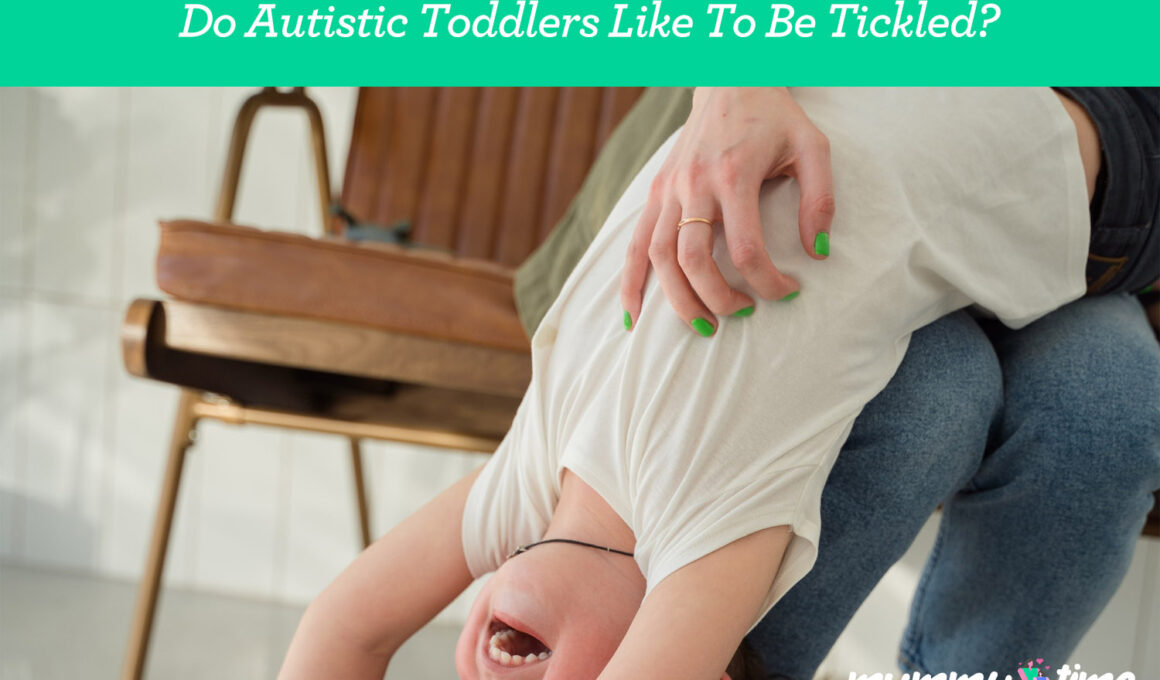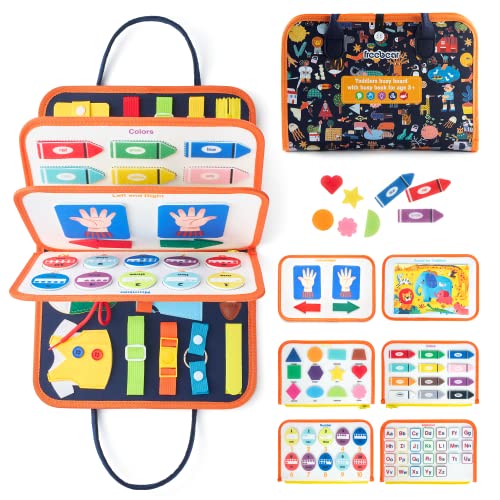In This Article Show
Fighting the urge to tickle your autistic toddler? Be sure to know that a lot of parents share the feeling. Providing care and support to autistic toddlers can be a bit different, this is why questions like “do autistic toddlers like to be tickled?” are being asked to ensure you do not get it wrong.
Parenting an autistic child is a bumpy and jolly ride; patience and understanding are required. This means that caring for toddlers with Autism Spectrum Disorder (ASD) can be very overwhelming and their behaviors can somewhat upset you, which is why patience is of great importance.
My friend Ally, who has a 3-year-old autistic toddler, mentioned once to me how she was being extremely careful with her child, so they do not really play around much, nor does she attempt to tickle her child. I did understand that autistic kids are exceptional, but it was unclear to me why fun times have to be limited because of her condition.
I wouldn’t want to restrict the fun I usually have with my toddler, and at the same time, I didn’t want to do the wrong things all in the name of fun. So out of curiosity, I made my findings and asked my pediatrician whether autistic toddlers would appreciate getting tickled.
This article contains valid information that would help improve bonding times with autistic toddlers, as well as some dos and don’ts to be aware of when caring for toddlers with ASD. Do stick around.

Can Autistic Toddlers Be Tickled?
You do have to understand that every child with Autism Spectrum Disorder is unique personally, although they might have similar behavioral traits, they sure are different from one another.
Great deals to snatch for your little ones 🎉
That being said, some toddlers with ASD can tolerate some stimulation and even enjoy it, while others would not. Some autistic toddlers enjoy the fun of spinning in circles, while others may not. So it is a different experience for different autistic toddlers. But when it comes to tickling, can autistic toddlers be tickled?
Yes, autistic toddlers can be tickled. However, you have to be sure that your toddler likes it. If your child doesn’t appreciate the stimulation, it is best to stop and not attempt it again.
Some autistic toddlers do crave getting tickled and would love the stimulation. For these kids that love being tickled, it can help them during their meltdowns. However, it is best to understand that some toddlers will frown at this gesture, and you need to be very observant to understand their body language.
Also, try as much as possible to go overboard with the tickling, as we might get carried away and tickle the child for too long.
Does Tickling Make Autistic Toddlers Laugh?
Of course, it does. For toddlers who embrace tickling and love it, tickling can make them laugh, and giggle. Laughing is a natural result of something very stimulating, it is also considered an automated response due to a continuous touch in ticklish parts of the body.
Hearing our kids laugh and have fun is a major source of joy for parents, and tickling them can cause them to laugh. It builds a bond between parent and child, however, it is best for the tickler to know the right time to stop as they are in complete control and the toddler will not know how to make you stop.
Do not tickle your toddler for too long, also if your autistic toddler doesn’t like being tickled do not force it on them. There are certainly other ways to bond with them and cause them to laugh asides tickling them.
Dos And Dont’s With Autistic Toddlers
One common mistake people make is assuming that every child with autism are the same. Children with autism are very much different from one another. However, as general rule of thumb, there are certain things to avoid when interacting with them and things that are very much acceptable. The following are dos and don’ts to be aware of when dealing with autistic toddlers;
Dos
- Be extremely patient and understanding with them. You need to always give them time to respond to you.
- Encourage them to build friendships. Set up play dates at your home mostly because your kid may not appreciate being in a different environment he or she is not used to.
- Be passionate about their interests as this will loosen them up to always want to talk and you and share their ideas.
- Never let them out of your sight, and always make sure to always have an eye on your autistic
Don’ts
- Do not stare at them for too long as this can make them feel uncomfortable and embarrassed.
- Do not encourage bad behaviors. Autistic toddlers are certainly fond of throwing tantrums when displeased, be sure to make patiently them see why the behavior is wrong and shouldn’t be repeated.
- Avoid being sarcastic as your toddler may only understand the literal meaning of what is being said. Instead, make use of simple and direct sentences for better communication
Conclusion
Spending quality time with your autistic toddler will help you better understand them. And doing fun things with them can build a stronger bond. We all love to hear how our kids laugh and see a happy smile and their faces and somethings tickling them is a sure ticket to getting that emotion out of them.
This article reveals that some toddlers love being tickled while other don’t. However, you need to be able to read between the lines. Your todders body language to be touched or tickled should tell you if they appreciate the stimulation.













